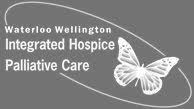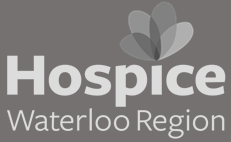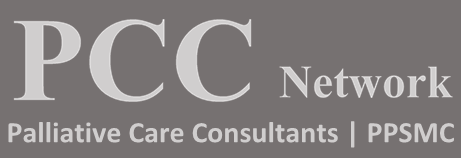A Palliative Approach to Care vs. End-of-Life Care
The Canadian Hospice Palliative Care Association (2013) indicates that “hospice palliative care is appropriate for any person and/or family living with or at risk of developing a life-threatening illness due to any diagnosis, with any prognosis, regardless of age, and at any time they have unmet expectations and/or needs and are prepared to accept care” (1) Pg 6.
A palliative approach to care and EOL care are part of hospice palliative care, but they are distinctly different in the timing of when they are implemented in a person’s life phases between living, dying and death.
A Palliative Approach to Care
Any person living with an incurable illness (i.e., COPD, CHF, Dementia, Cancer, ALS, Parkinson’s etc.) may benefit from a palliative approach to care that aims to provide comfort and improve quality of life through whole person-centered care. Receiving a palliative approach to care is not dependent on time left to live and many patients receive palliative care for months to years before death occurs (1, 2).
A palliative approach to care addresses and manages a patient and families psychological, practical, social, loss/grief, spiritual and physical issues like pain and symptom management in line with their goals of care (GOC) and helps prepare for eventual life closure.
It aims to actively treat all issues that arise and proactively address other issues including emergencies to manage them quickly and effectively if they do occur (1, 2).
Ideally a palliative approach to care is started early in a patient’s illness trajectory (i.e., at the time of diagnosis of an incurable illness or as illness starts to progress). Research has found that those who receive an early palliative approach to care have improved quality of life, reduced anxiety, improved pain, and symptom management and often live longer (2). Check out the Better Early Than Late video for more information.
For more information on early identification of patients who may benefit from a palliative approach to care, please review this helpful regional resource: WW Early Identification & Prognostic Indicator Guide.
End of Life Care
This aspect of hospice palliative care refers to care that is provided during the terminal and final phase of life. It is often misunderstood to represent palliative care in general.
EOL care is identified as the final phase of life when the patient has only hours, days, or weeks to live and typically these patients will have a Palliative Performance Scale (PPS) score of 30% or lower.
As the patient transitions into the EOL phase of their illness, the patient’s care plan will be adjusted based on their needs at EOL and will reflect their current GOCs which will be re-addressed as needed based on the patient’s needs.
Please note some conditions/impairments can cause severe functional decline in one’s ability to move or care for themselves and require total care to meet their needs (i.e., CVAs, paraplegia etc.). These patients are not necessarily at the EOL phase simply because they require total care but that it depends on the complete clinical picture around illness progression, significant changes in baseline intake reduction and consciousness level.
References
- Canadian Hospice Palliative Care Association (2013). A Model to Guide Hospice Palliative Care: Based on National Principles and Norms of Practice. Ottawa, Canada.
- Pallium Canada (2016). The Pallium Palliative Pocketbook: A peer-reviewed, referenced resource (2nd Ed.). Ottawa, Canada.
Download Tip of the Month




